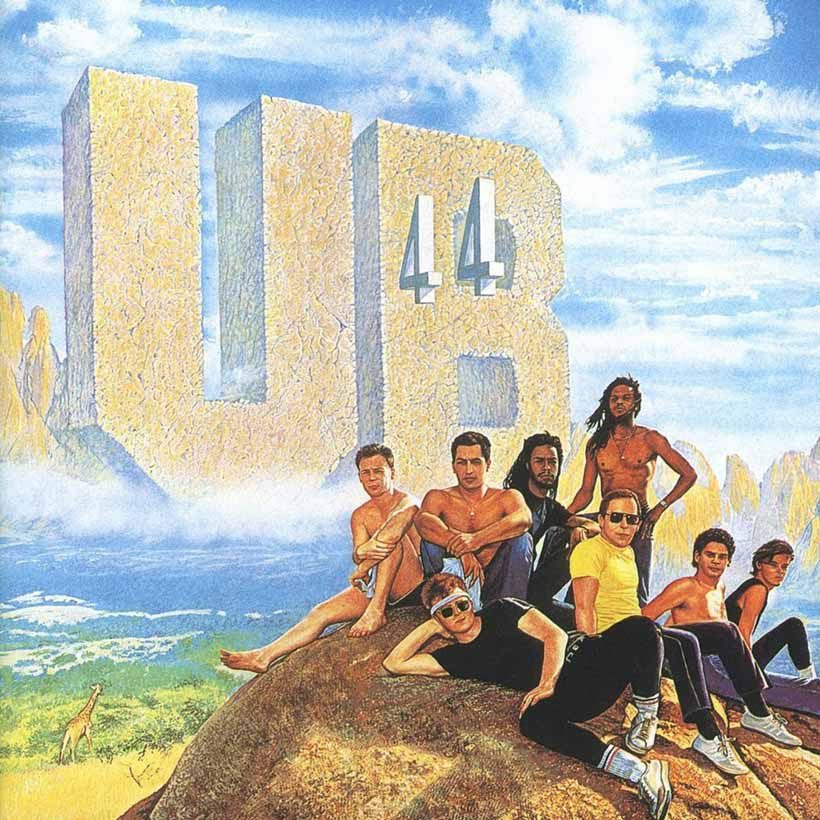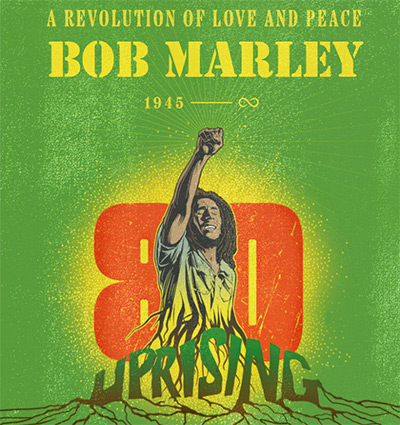‘UB44’: Signing On With UB40’s Third Album
With the release of their third album, ‘UB44,’ UB40 created a fan favorite and edged towards their patented pop-reggae sound.

Released on September 27, 1982, UB40’s third album found the band at a crossroads. Not for nothing did they call it UB44, after the Department Of Employment form sent to benefits claimants who’d failed to show up to sign on. With the 2 Tone movement past its peak, the likes of Steel Pulse shaping the sound of UK roots reggae, and Musical Youth topping the UK charts with “Pass The Dutchie,” UB40 could be forgiven for feeling somewhat stranded. Their previous two albums were overtly political affairs, attracting both sales and stature while climbing to No.2 in the UK charts, but, after two years of anti-Thatcherite discontent, it was, perhaps, time for a change.
Yet to record the covers that would result in the chart-topping Labour Of Love, the group tested the waters with a nudge towards their patented pop-reggae sound on tracks such as “Don’t Do The Crime” and “Love Is All Right,” the latter of which made it to No.29 in the UK and pointed towards what would come with some of the group’s subsequent efforts. However, the likes of album opener (and No.25 chart entry – the best performing of the three singles lifted from UB44) “So Here I Am” reveals that UB40 had far more experimental tendencies than many remember. Its ping-ponging dub effects and infectious horn lines would make it a high point for many, but, presumably because it didn’t rub along with a cheerful exhortation – à la “Pass The Dutchie” – this far more adventurous track found its way into fewer hands. Still, the album peaked at No.4 in the UK charts, where, in 1982, it became a new entry on October 9; it would go on to enjoy two weeks at the top spot, and a further six in the Top 100.
In hindsight, UB40 were probably always going to hit upon Labour Of Love’s chart-friendly balance of pop hooks and reggae bounce; much of UB44 lit the path, they just had to follow it. But the album also offers a tantalizing “what if?”: had the group committed more to their left-field leanings, would their career have taken a different shape? What’s undeniable is that UB40 were well on the way to ensuring they’d never have to sign on again.












